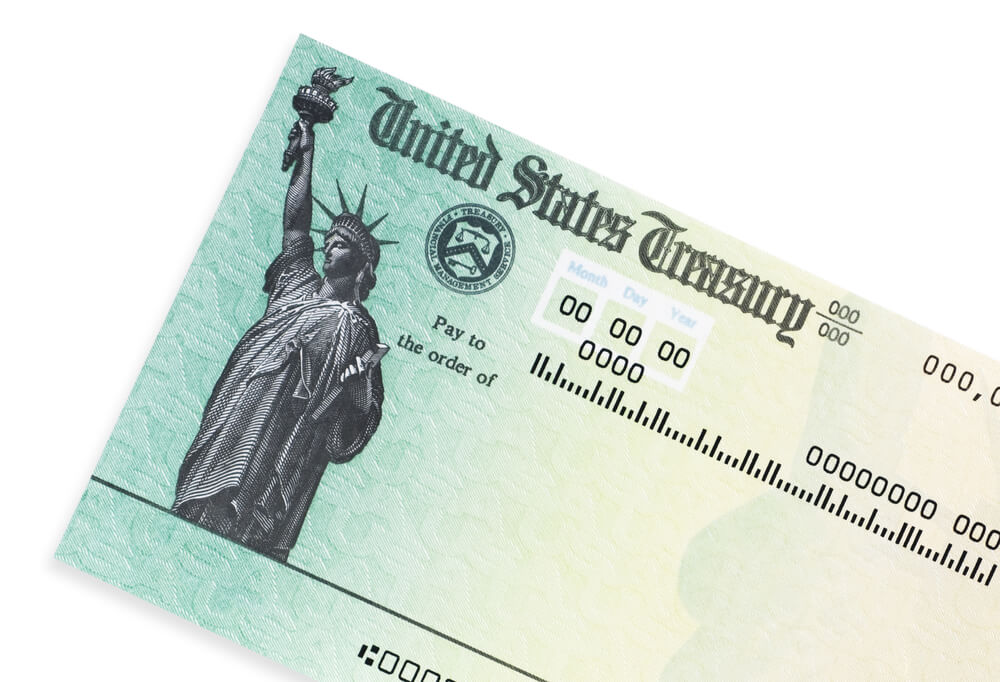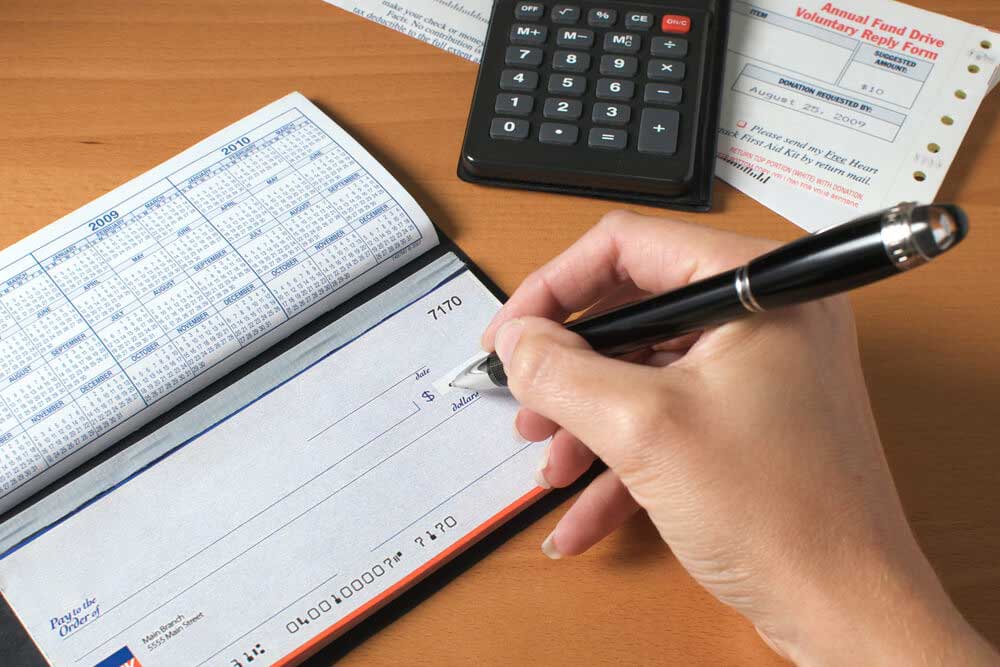Writing a check is a relatively effortless way to pay for someone’s services. But you’ll need the check to get the money, so misplacing it will make getting the funds impossible. In the case of finding it after a while, you’ll still be able to cash it as long as it’s not older than six months.
There are also other scenarios regarding cash withdrawal via check that you should be aware of. It’s best to get all the necessary info to avoid losing that money entirely. So here’s everything you need to know about check validity, expiration date, and how and where to do it.
How Long is a Check Valid Anyways?
Do checks expire? How long do you have to cash a check? How long is a check valid? Whether you’re a drawer or the payee, you’ll want to know how long are checks good for or how much time you have to cash the check or keep the funds in your account. So how long is a check good for, anyway? When does a check expire? How long do checks last?
Most checks are valid for six months (180 days), although exceptions exist. So if you’re a drawer and the person you wrote the check to didn’t cash it yet, it’s advisable to keep that amount in your account for six months at least. But what happens afterward, and do checks expire? There are two types of checks that you should be concerned about when validity is the question.
Personal Check and Check Writing
A personal check is a document that orders the bank (in which you have an account) to pay out the sum specified on the check. It contains the drawer’s name, account number, amount, and payee details.
If you have a personal check, you likely have a few important questions: How long is a personal check good for? Do personal checks expire? How long do you have to cash a personal check? How long is a personal check valid? This type of check is valid for six months or 180 days, after which you must contact the bank and the drawer to extend the deadline.
US Treasury Checks
Mostly used for federal tax returns, these documents allow you to collect money from the government, IRS, etc. They are good for one year after they’ve been issued, so be sure to cash them before the deadline. Reissuing them is a bit tricky, as the person writing them isn’t someone you can call. You’d have to contact the IRS and file a bunch of forms and documents before they can re-issue it.

Can You Cash a Check at an ATM?
There’s more than one place where you can cash a check. Most grocery stores will accept it, but they’ll need to make sure it’s valid and pull it through their system. This takes only a couple of minutes. But did you know that you can do it at an ATM too?
Yes, you can cash a regular check at an ATM if you have a bank account. To do this, you’ll need your debit card, an ATM that accepts checks, and your PIN. Here’s how to do it:
- Insert your debit card into the ATM
- Enter your PIN
- Select the option “deposit check“
- Insert the check in the slot
- Follow the instructions
If you go to your bank’s ATM, you’ll most probably get 100% of the amount stated on the check. Not all banks charge the same for depositing a check, so if you want to avoid additional expenses, try to find an ATM from your bank.
Can You Cash a Check Without a Bank Account?
If you have a check in your name but don’t have a bank account, you’re probably wondering whether you’ll have to open one to cash it. The good news is that you don’t necessarily need a bank account. To cash a regular check, you won’t have to open an account to cash it, and you can do it in any bank. However, certain banks will charge additional expenses before you can cash them. You can also cash it from other places like Walmart, your local gas station, grocery store, your employee, etc.
But how long does it take to get the money? The fastest way to cash a check and have the money in your pocket (or account) is to go to the drawer’s bank. This is because the bank can access this account immediately and get the details regarding the check, amount, and other account details. They’ll need to ensure that the person who wrote the check has enough funds and get a bunch of papers and confirmations before they can let you draw the money.
Another advantage of cashing the check in the drawer’s bank is that you’ll probably get 100% of the amount. No additional expenses will be charged. The same rule doesn’t apply when cashing it in any other bank. What you’ll need is the following:
- Your ID, Driver’s license or any legal document that proves your identity
- The check with the drawer’s name, account details, signature, etc
- Debit card to transfer the money to, or you can get it in cash
The clerk will check your documents. They’ll also check the drawer’s account to ensure it is valid and have sufficient funds, etc.

Is It Possible to Cash an Old Check?
Having a check well beyond six months old can make cashing it difficult, but not entirely impossible. Theoretically, you can cash that check, but it depends on the bank. Every bank has a different policy when it comes to cashing old checks.
They are under no legal obligation to cash a check older than six months. So it’s a matter of discretion and their good faith whether they cash it or not. The person who wrote the check in your name isn’t really leaving that amount on their account after a period of six months. In this situation, the best thing you can do is go to a bank and present your problem. The clerk will tell you if it’s possible and notify you whether there will be additional fees. The bank will have to contact the drawer (the person who wrote the check) and see if it’s fine with them to withdraw funds from their account.
You can call or contact the drawer before the check expires (180 days) and have them instruct the bank to extend the date on the check. This is in case you can’t make the withdrawal before the check expires. So a good rule of thumb is to cash it within six months or contact the bank or the drawer if you can’t make it in time.
What is the Rule for Stale Checks?
Stale checks are uncashed or undeposited checks that are too old to be processed by credit unions, banks, and other similar institutions. Stale checks are also known as expired checks or stale-dated checks. The length of time that checks are considered valid can vary from one state to another.
If you are given a business or personal check, ensure you know the validity period. Typically, personal checks have a maximum timeframe of 6 months (180 days) from the date issued before they become stale. In essence, most checks are considered stale if they have been in your possession for over 180 days.
If you receive a check over 180 days old, most banks might refuse to deposit or cash it. Some business checks also have “Valid for 90 Days” noted, meaning they won’t be honored after 90 days.
What Makes a Check Invalid?
Insufficient funds are among the most common reasons banks refuse to cash checks. However, there are also other reasons for checks to be rejected. Some of the reasons include the following:
- Invalid or unreadable routing and account numbers
- Invalid or missing signature
- Improper formatting
- Too much time has passed since the printed date






